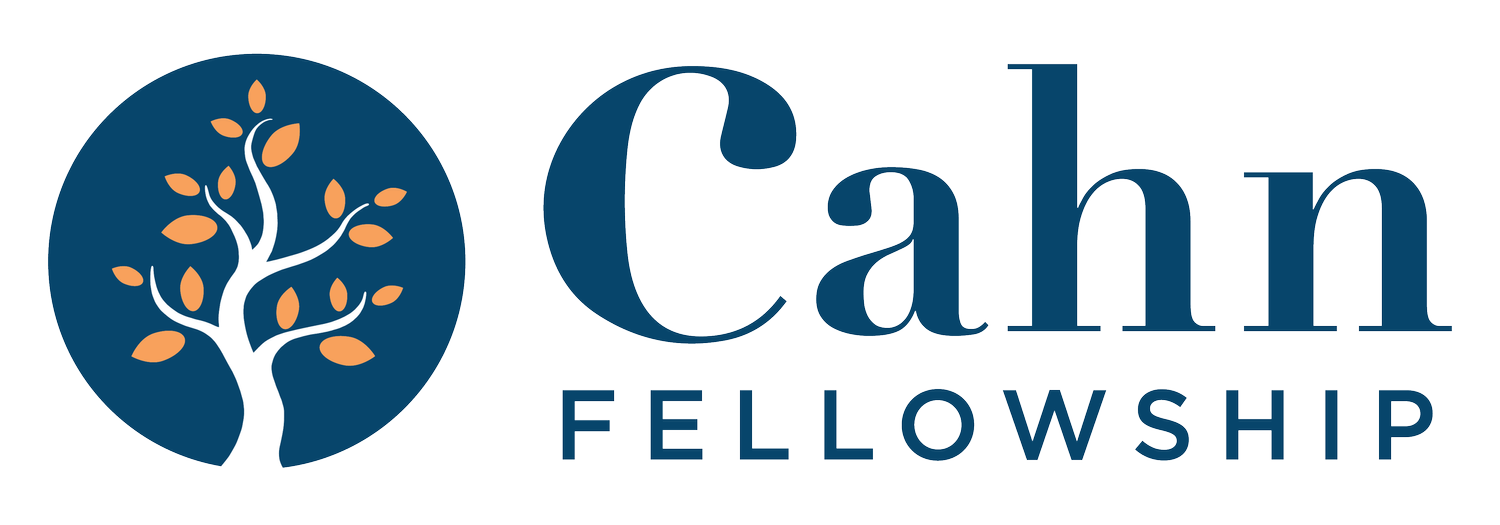As Iron Sharpens Iron: Examining the Impact of Advisory Programs and Peer Mentoring on Student Outcomes
Shawn Brown • Cahn Fellow 2023
The educational outcomes and social-emotional development of minority students have been lagging in comparison to other racial groups perennially. In the majority of student performance metrics ( test scores, attendance, referrals to special education, dropout rates) and social-emotional performance areas ( violent incidents, depression, anxiety, drug use, and gang involvement), minority students exceedingly represented (Artiles & Trent, 1994; Basch, 2011; Bottiani et al., 2017; Fine, 1991). This project aims to address the above mentioned phenomenon by systematically analyzing schoolwide structures (advisory and peer mentoring) that can be utilized to improve outcomes for Black and Latinx students in urban high school settings. Both qualitative and quantitative measures are used to examine the relative impact of advisory programs/peer mentoring on the educational outcomes of high school students in Bushwick, Brooklyn. A collective of theoretical frameworks are used to support this project: Ecological Systems- (Bronfenbrenner, 1979), Intersectionality- (Crenshaw, 2018), and Servant Leadership theory (Greenleaf, 1977). The findings of this project indicate a positive, significant impact of advisor and peer mentoring on student outcomes. Recommendations are made for the implementation of such programs in high school settings.

